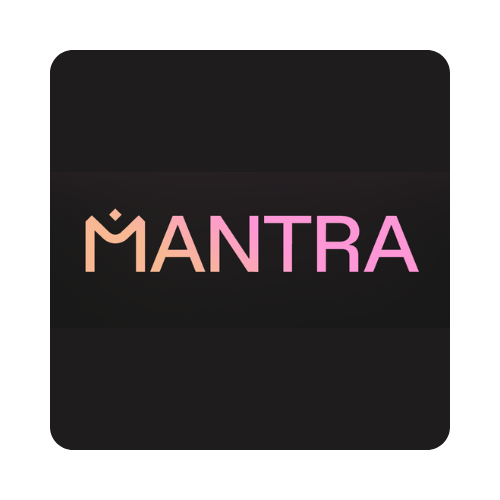
BitGo
BitGo is a leading provider of secure and regulated digital asset financial services within the Hedera ecosystem. Founded in 2013, BitGo pioneered the multi-signature wallet, setting an industry standard for digital asset security. They offer a comprehensive suite of services, including qualified custody, staking, trading, and core infrastructure for institutional clients across 50 countries.
It is a member of the Hedera Governing Council and an active contributor to the network's direction and development. BitGo also serves as a backbone technology provider for the network where it runs several Hedera mirror nodes and supports innovation across the entire ecosystem.
BitGo provides institutional-grade security for Hedera Token Service (HTS) tokens leveraging its multi-signature technology and cold storage solutions to protect client assets. It is regulatory compliant with a verified MiCA license in the EU and operational licenses in New York, Germany, Singapore, and more. Its services include real-world tokenization, settlement, and payment verticals among numerous others.
Project Information
Related Projects

MANTRA is a vertically-integrated and regulatory-compliant blockchain ecosystem founded in 2020. Its mission is to bridge the gap between traditional finance and the world of digital assets by providing institutional-grade infrastructure that adheres to global regulatory standards.
The MANTRA ecosystem, also known as the OMniverse, includes several key products. MANTRA Nodes provides blockchain infrastructure-as-a-service, including validator operations and staking services. The MANTRA Chain is a protocol built for regulated assets within the Cosmos ecosystem, and MANTRA Finance is a DeFi platform that will offer a variety of services to both retail and institutional investors.
Through a partnership with hashport, a public utility that facilitates the movement of digital assets between networks, the OM token is now integrated with the Hedera network. This allows for faster, more secure, and lower-cost transactions for OM holders. This integration also opened the door for HeliSwap, a decentralized exchange (DEX) on Hedera, to offer trading pairs with the OM token, further expanding the DeFi possibilities within the Hed-era ecosystem.

Oneto11 is a multigenre mobile gaming platform built on the Hedera blockchain network. It features a pioneering social networking fantasy application with a diverse play-to-earn (P2E) ecosystem allowing users to generate income through wins and a deep, multi-layered referral system.
The Oneto11 platform hosts a wide array of games catering to different player preferences. Its core offering includes fantasy sports, where users create virtual teams for real-world matches in cricket, football, and other sports and compete for prizes. It also provides a robust collection of casual mobile games such as Ludo and Fruit Slice, educational quiz games, and immersive RPG and social metaverse experiences featuring non-fungible token (NFT) integration utilizing the Hedera blockchain platform.
A key aspect of Oneto11 is its integrated wallet, native “1TO11” token for ecosystem transactions, and NFT marketplace. Combined, these allow users to creation and trade in-game assets securely as NFTs, particularly within its RPG titles.

The IBM Blockchain Platform was a short-term funding and technology project involving the Hedera blockchain network. While this specific project has evolved into an ongoing enterprise blockchain strategy, IBM remains intrinsically involved with the Hedera network as a member of the Hedera Governing Council.
This position provides IBM with a direct voice and vote in the governance of the Hedera public network, influencing its technical roadmap, policies, and overall strategic direction. As a council member, IBM also contributes to the network's operational integrity by running a consensus node.
This engagement with Hedera allows IBM to participate, offer insights and contribute to advancements which align with its broader interests in advancing enterprise-grade distributed ledger solutions (DLT). This involvement complements IBM's extensive work with permissioned blockchains and strengthens the partnership between Hedera and the broader technology industry while providing a holistic perspective on the evolving blockchain landscape for IBM’s global enterprise clients.

Coming soon..
